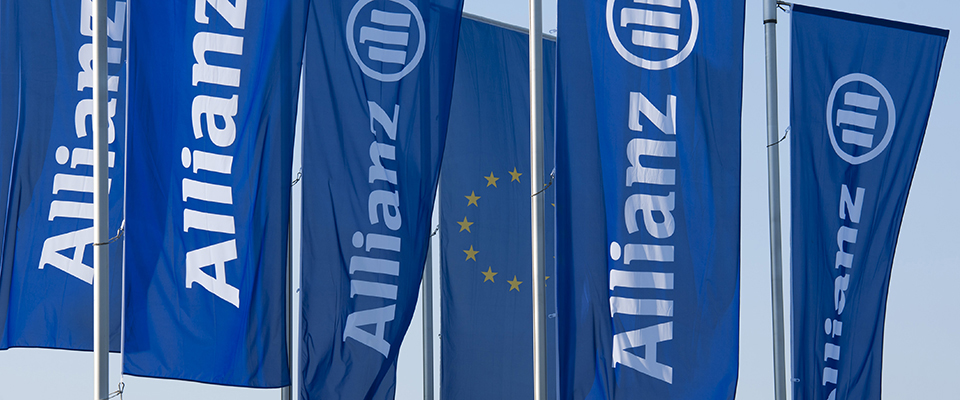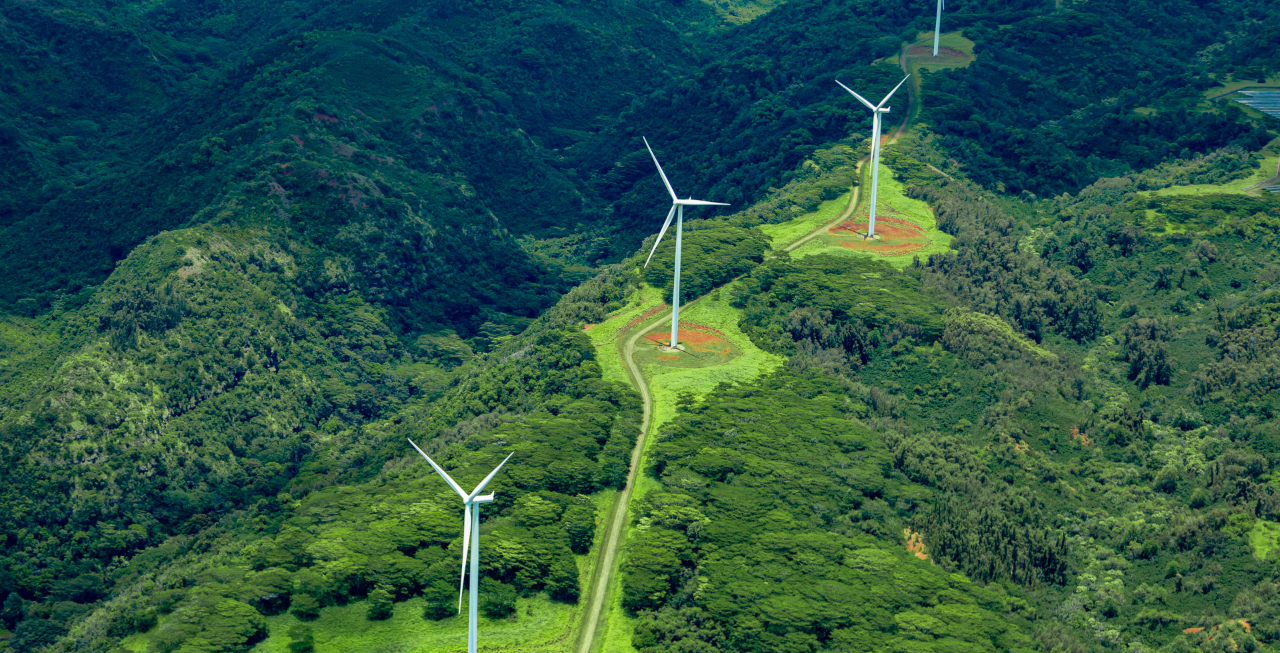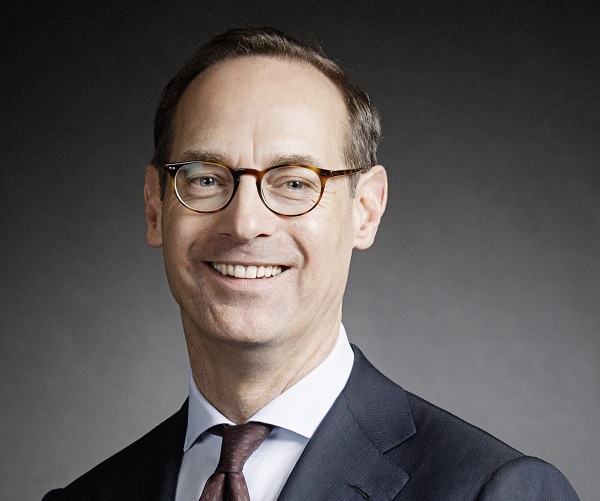The green energy transition is a once-in-a-lifetime opportunity for African development, a chance to reduce poverty and lift growth potential. To reap this opportunity, there are three levers to pull: strengthening political stability and the rule of law, reducing project risks by adopting blended finance, and formulating clear green-energy strategies backed by economy-wide transition plans with sector-specific pathways. This paper aims at the last point, providing guidance for governments and investors alike.
Limiting global warming to the Paris target of 1.5°C will require USD200bn of investments in the African energy system per year, by 2030, followed by USD370 billion per year, by 2050. In total, the investment opportunity adds up to just over USD7 trillion between 2020-2050.


